How Long Does It Really Take to Get Registered as a Builder in Victoria?
Getting your builder registration isn’t a quick job. There’s no set timeline, and anyone who tells you otherwise isn’t giving you the full picture.

Getting your builder registration isn’t a quick job. There’s no set timeline, and anyone who tells you otherwise isn’t giving you the full picture. The process takes time, sometimes months, and it depends on a range of factors: how prepared you are, how strong your application is, and how busy the VBA/BPC is when you submit.
That said, there are common stages that everyone goes through. In this blog, we’ll break down those stages and explain how long each step typically takes, what causes delays, and how Builder Registration can help you get registered as smoothly and quickly as possible.
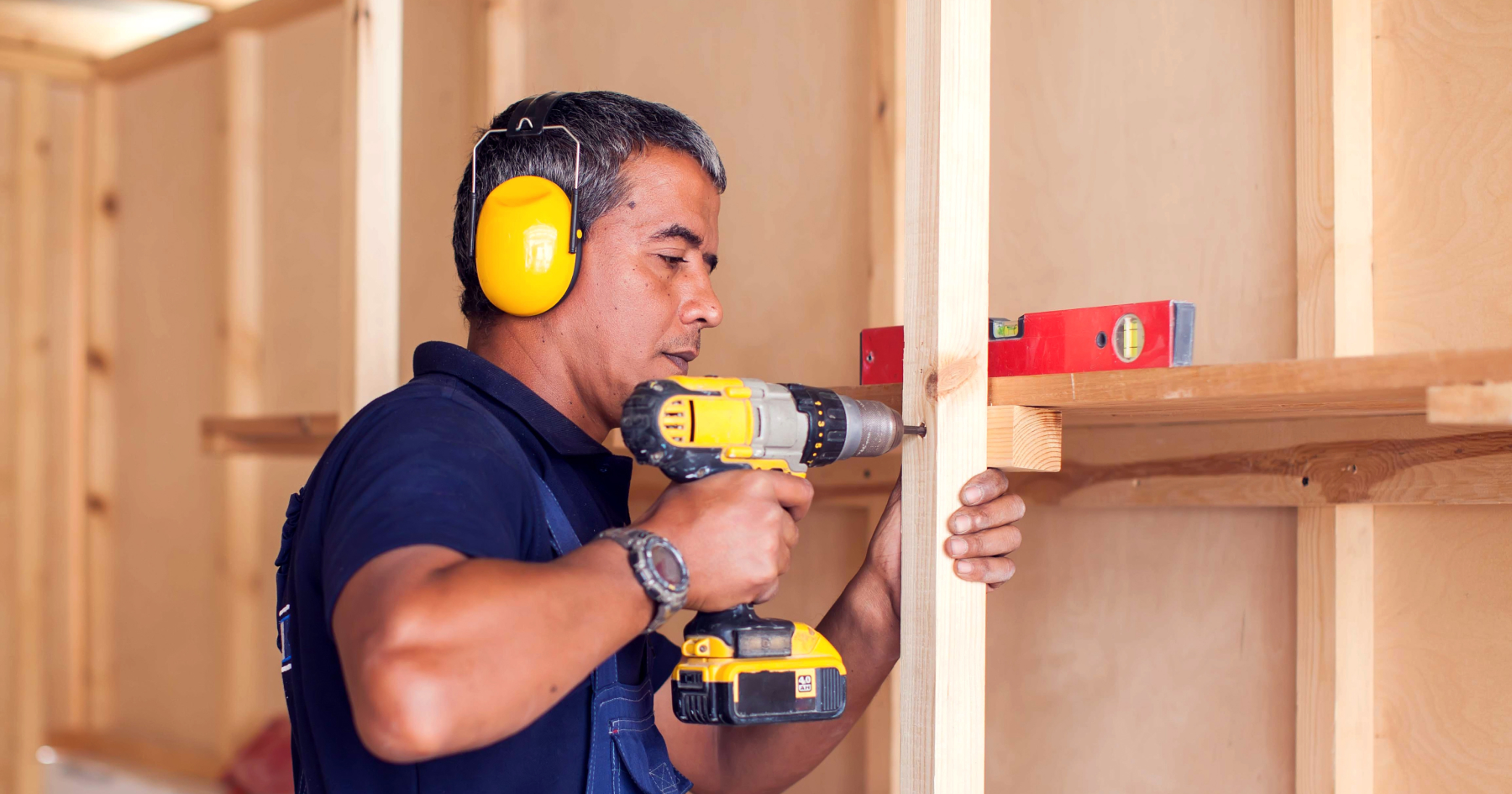
Stage 1: Pre-Application Preparation
This is the part many applicants underestimate.
Before you even submit your application, you need to collect evidence of your experience, make sure your documentation is consistent, and determine which class of registration is right for you.
Preparation involves:
- Identifying which builder licence class to apply for
- Gathering and organising your work history and project examples
- Collecting supporting documents (site diaries, plans, safety reports, references)
- Reviewing relevant legislation (e.g. the Building Act 1993, Building Regulations 2018, and National Construction Code)
- Writing your CV and completing the application form accurately
- Preparing for the interview stage in advance
This stage can take a few weeks to a few months, depending on how organised you are and how much experience you need to document. If you’re juggling full-time work or unsure what the VBA/BPC wants, it’s easy to lose time here.
How Builder Registration helps:
We work closely with you during this phase to ensure your application is strong from the start. We know what assessors are looking for, and we can help you gather the right documents and prepare your written submission clearly and correctly.
Stage 2: Application Submission and Initial Review
Once your application is submitted to the VBA/BPC, it enters the initial review stage. This is where they check that all required documents have been provided and that the application meets the minimum requirements for assessment.
If anything is missing, inconsistent, or unclear, you’ll be asked to supply additional information. This back-and-forth can drag the process out, especially if you’re unsure how to respond or if delays happen between email responses.
If your application is complete and well-organised, it may move forward faster. However, processing times vary depending on the VBA/BPC’s workload and internal timelines.
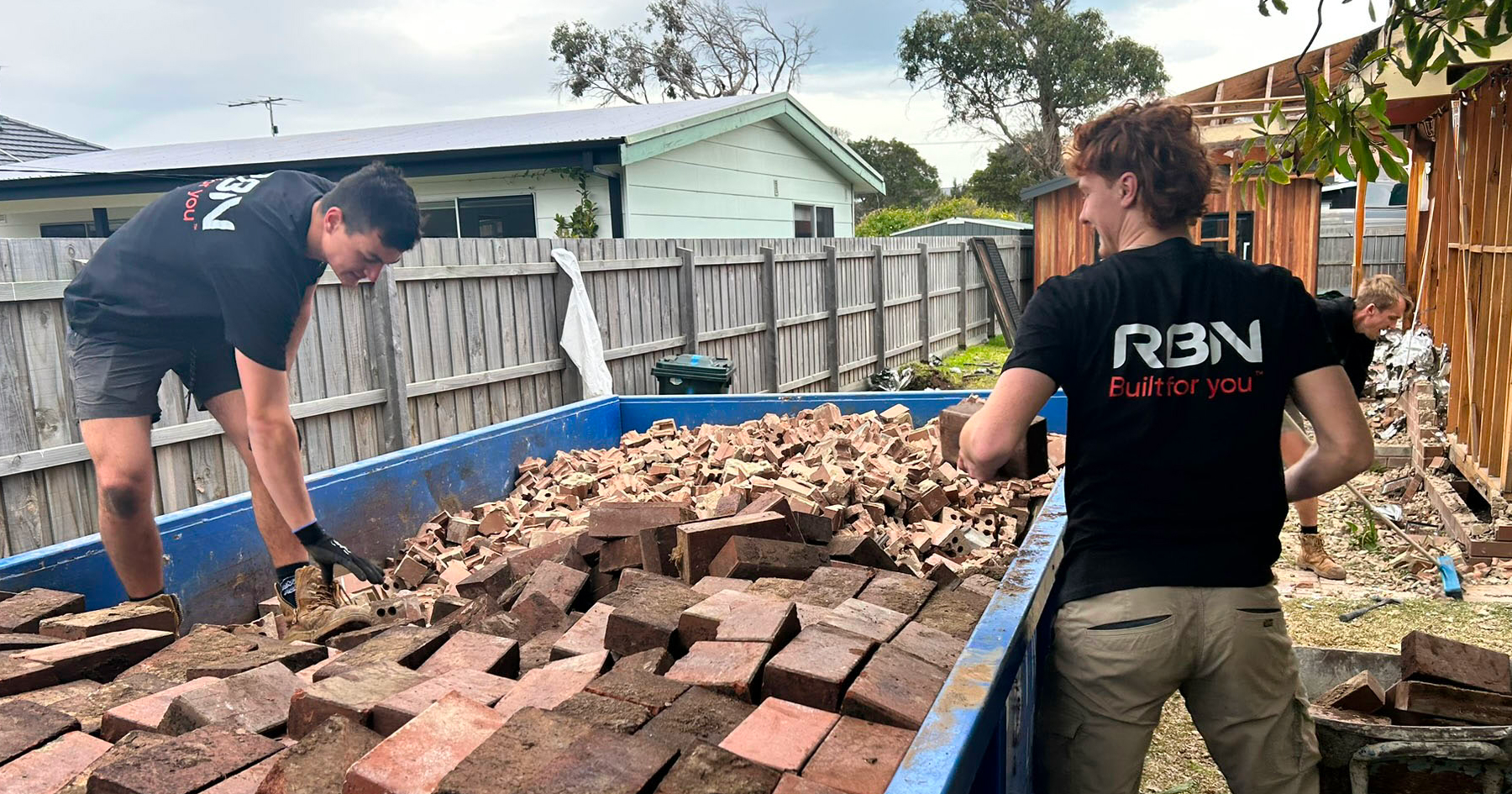
Stage 3: Interview Assessment
If your written application passes the initial review, you’ll be invited to attend an interview assessment. This is a structured conversation with an experienced assessor who will ask questions about your building knowledge, project experience, site supervision skills, and understanding of building regulations.
Interview scheduling depends on:
- Assessor availability
- Your own availability
- How quickly the VBA/BPC can progress your file
After the interview, the assessor will prepare a report outlining their recommendation for approval or further action.
This step is critical. A strong interview can be the difference between approval and delay.
How Builder Registration helps:
We provide one-on-one interview preparation, including practice questions, mock interviews, and guidance tailored to your licence class. We understand how assessors think because we’ve supported thousands of applicants through this exact process.
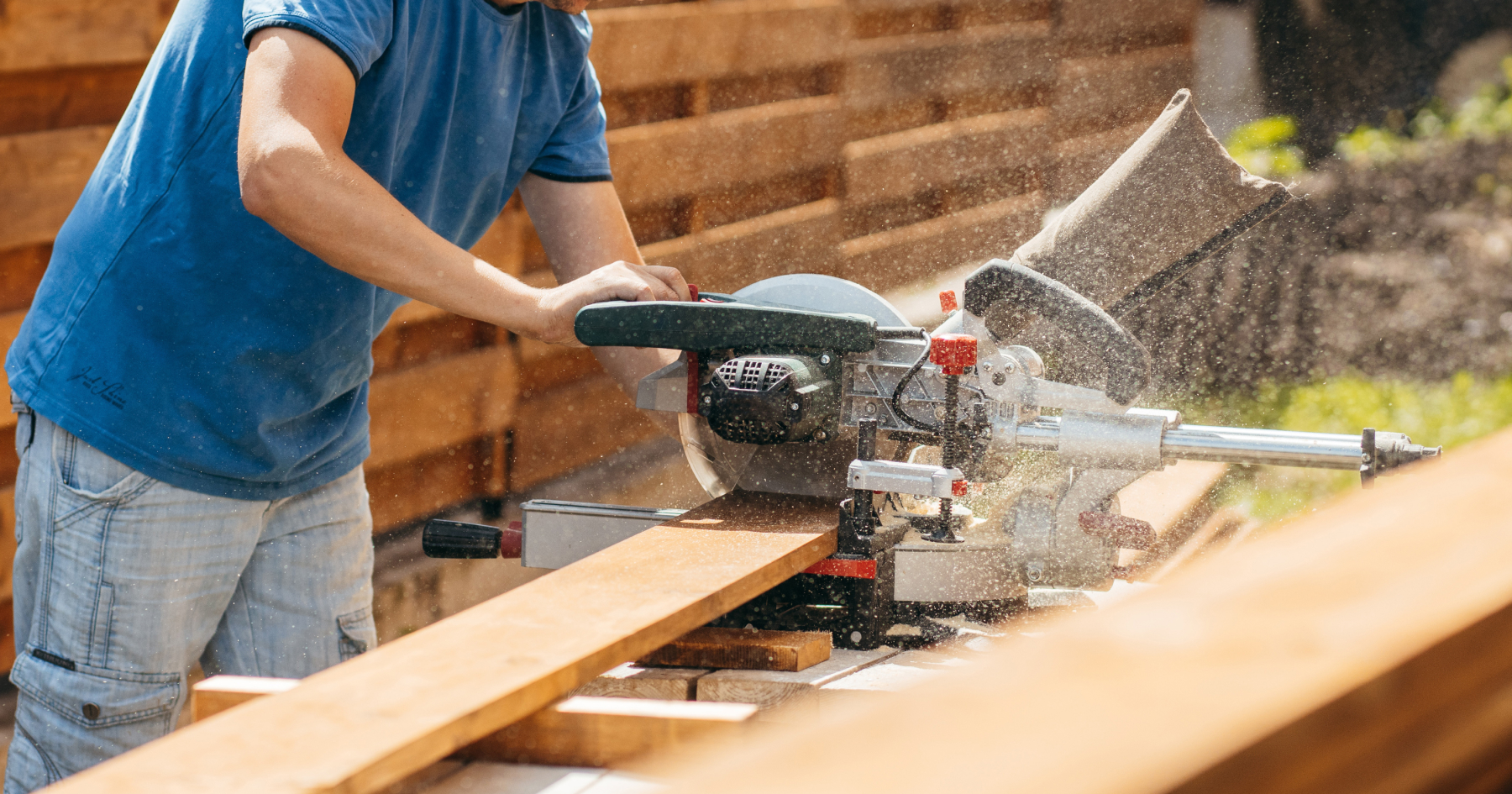
Stage 4: Decision and Outcome
Once the interview report is completed, the application moves to the decision-making stage. This is where the final determination is made by the VBA/BPC based on the assessor’s recommendation and your full application file.
Here’s an important point many applicants don’t realise:
Approvals often take longer than rejections.
If the VBA/BPC needs to verify details, review the assessor’s notes more closely, or assess borderline cases, the process can take extra time. Rejections, on the other hand, usually happen faster because the reasons are clear-cut.
There is no fixed timeframe for this step, but it’s not uncommon for approved applications to sit in this stage for several weeks. The more thorough and consistent your submission is from the beginning, the less likely it is to stall here.
What Can Slow Things Down?
Several factors can extend the process, including:
- Missing or unclear documents
- Gaps in your work history
- Incomplete project evidence
- Misaligned references or statements
- Poor preparation for the interview
- Delays in communication with the VBA/BPC
- Changes to the application (e.g. switching licence classes midway)
Even something as small as mismatched job titles across your resume and project portfolio can raise questions and lead to requests for clarification.
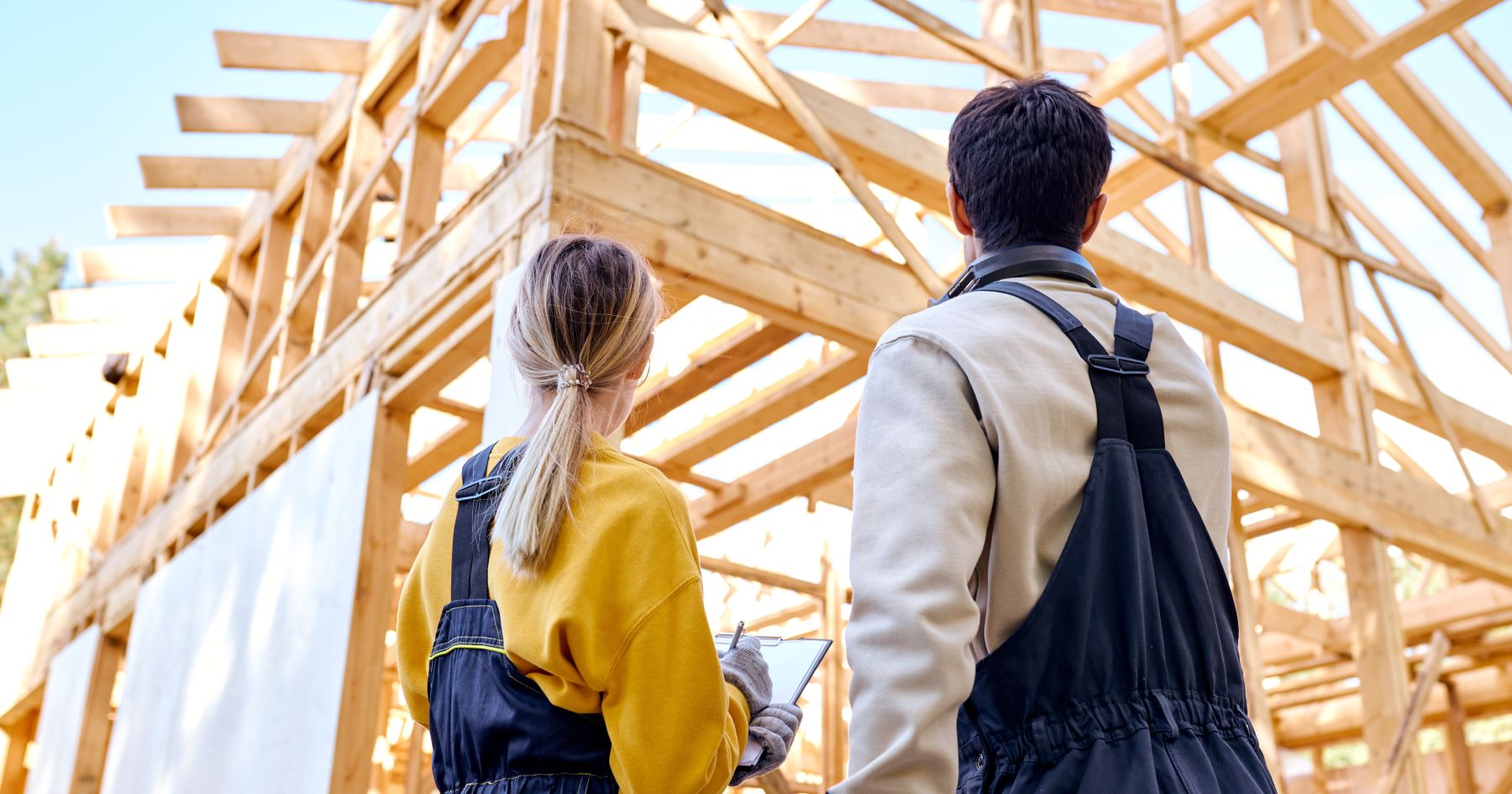
How to Speed Things Up
You can’t control the VBA/BPC’s internal timelines, but you can control your own preparation. The best way to reduce delays is to submit a complete, consistent, and professional application from day one.
Here’s what helps:
- Clear documentation of your project experience
- Accurate and detailed written responses
- Correct supporting evidence for your class of licence
- Preparation for the interview with real examples from your work
- Submitting everything in the format the assessors prefer
We take the guesswork out of this process. We know how to package your experience in a way that assessors understand. We know the questions they ask. We know the mistakes that lead to delays. And we help you avoid them.
Realistic Expectations
So, how long does it really take?
If you’re well prepared and supported, the process may take several months from start to finish. If your application needs a lot of back-and-forth or if the VBA/BPC is dealing with a backlog, it could take longer.
The timeline depends on:
- Your individual experience
- The quality of your application
- Your ability to respond quickly to requests
- VBA/BPC workload and availability
- The outcome of your interview
The best thing you can do is be realistic, patient, and proactive. Rushing the process often leads to rejection or additional delays.
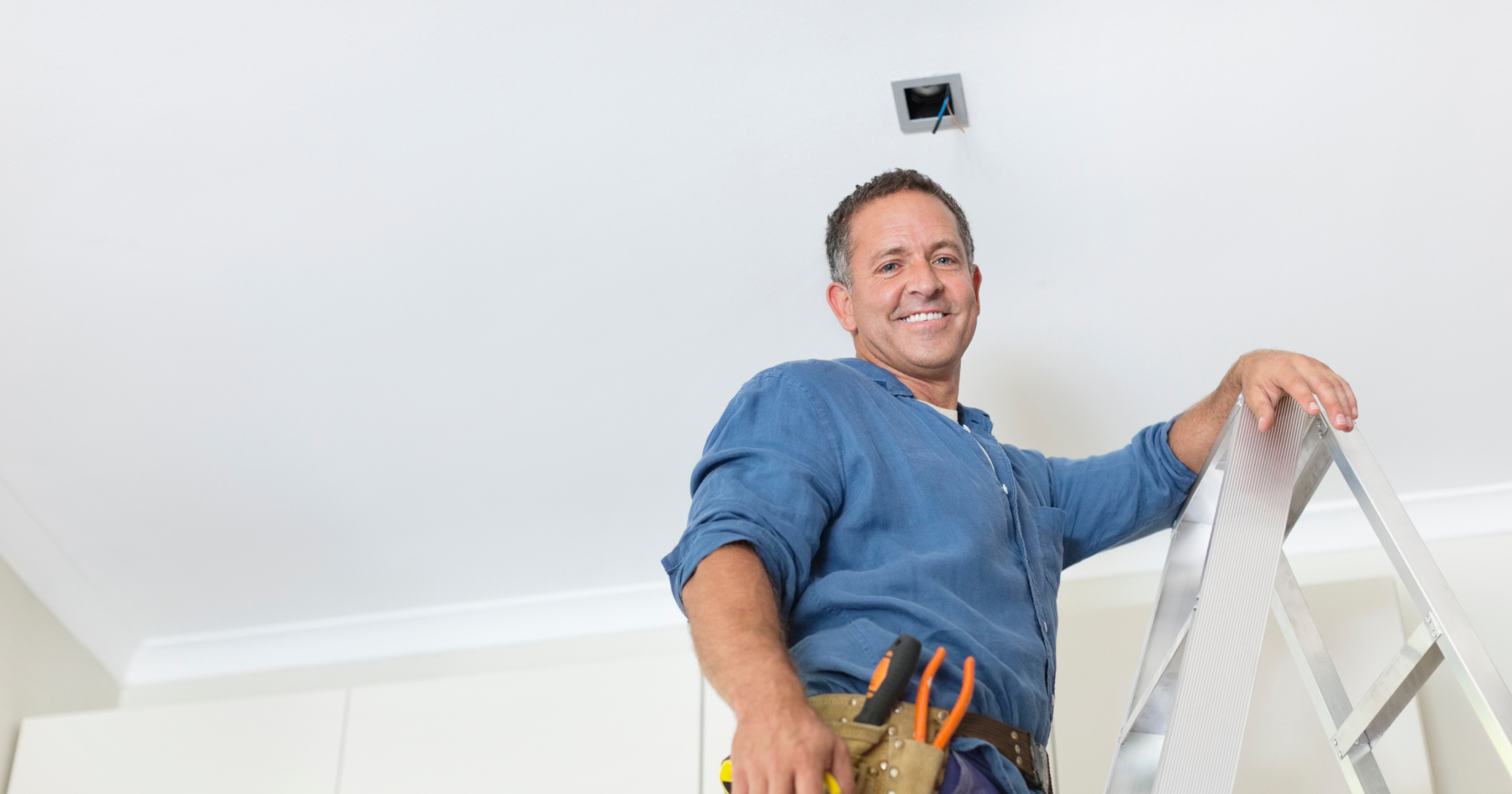
Get Registered Faster with Builder Registration
Getting registered as a builder in Victoria takes time, but how much time depends on how well you prepare. The VBA/BPC assess every application in detail, and small errors or missing documents can cause weeks of delay.
If you want to move forward with confidence, get it right the first time. Builder Registration has helped thousands of tradies, site supervisors, and contractors get their licence faster through expert support and practical advice.
We know what the VBA/BPC assessors are looking for, and we can help you get there.
Explore our registration support services and take the first step towards your builder registration today.


